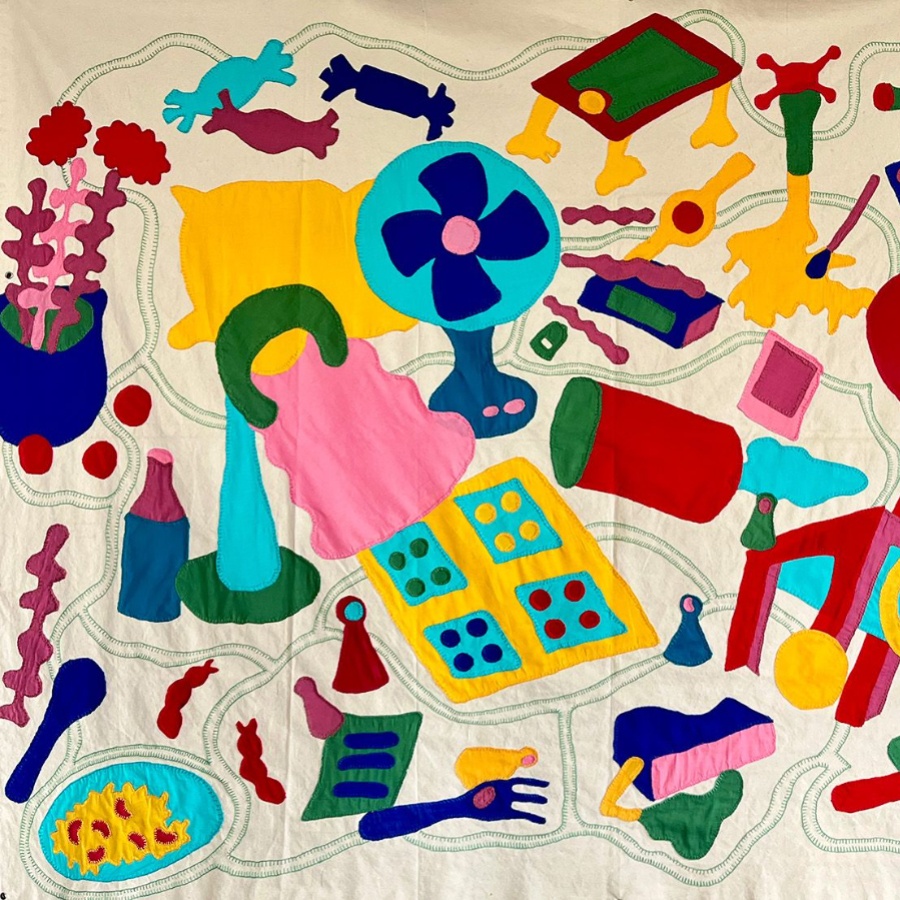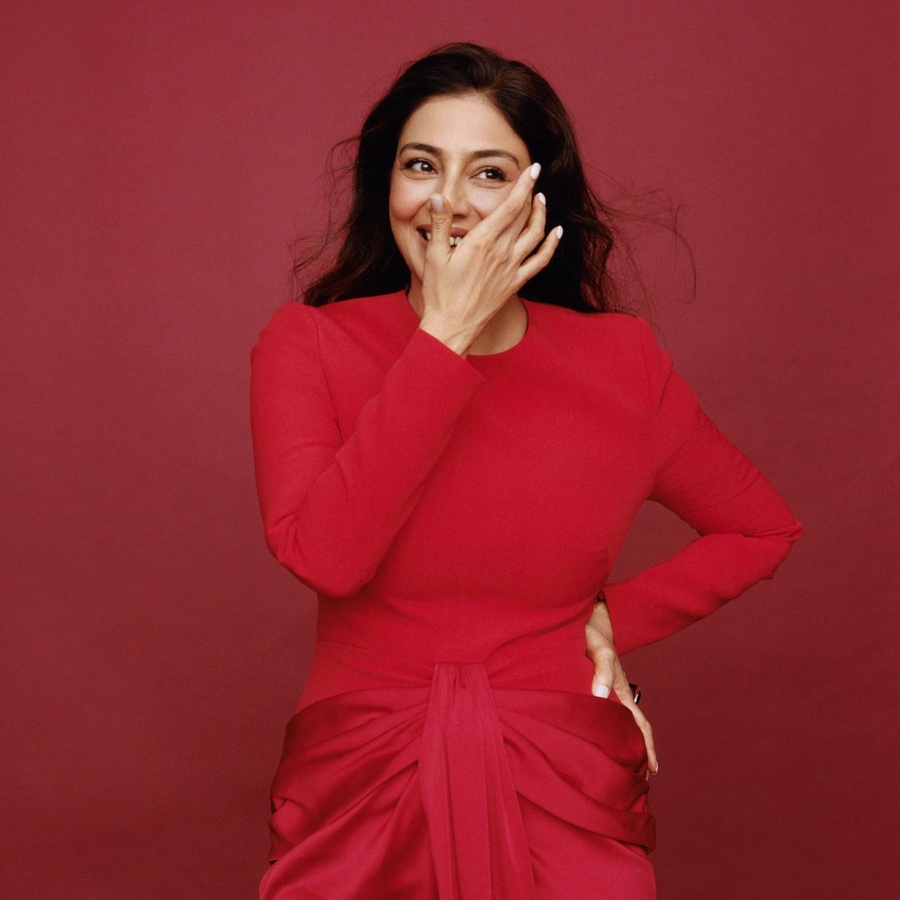Early on in Richard LaGravenese’s A Family Affair (Netflix), Brooke Harwood’s (Nicole Kidman) blonde hair is in a messy bun and her Pilates body is in a Blondie t-shirt. As she cleans her office, that band’s 1979 hit ‘Dreaming’ booms out of Harwood’s vintage LP player. Hollywood superstar Chris Cole (Zac Efron) walks into the house, looking for his young assistant, and is astounded as he regards her mother. “Did you have her when you were in kindergarten?” he exclaims. Cole is 16 years her junior, but that is not a plot point. Minutes into this scene, the pair is sitting dangerously close to each other on the couch, tequila glasses in hand, chatting about the myth of Icarus, surgically enhanced quads and grief; an easy chemistry smouldering between them.
“…Hunger hurts, but starving, it works / when it costs too much to love…” Fiona Apple’s voice is drenched with pain in the background of a scene in Michael Showalter’s The Idea of You (Prime Video), as 40-year-old art gallerist Solène (Anne Hathaway) lets 24-year-old boy band hunk Hayes Campbell (Nicholas Galitzine) into her cottagecore-style home. The song, 1999’s big hit ‘Paper Bag’, marks their age gap and portends a difficult future in store for them.
In Showalter’s film, Solène is a divorcée who is routinely courted by men who may be age-appropriate, but also consider their pets to be their children and think “splitting up” is too specific a term. Naturally, she is deeply flattered by Hayes’ attention, but she is also old enough to know what he needs: not a public meal in a popular LA spot, but conversation and sandwiches in the privacy of her home.

'Last Summer' captures the love story of a middle-aged lawyer and her 17-year-old stepson
And just like that, Kidman and Hathaway transform the dreaded middle age into an aspirational thing for women everywhere in the world.
In addition to the fact that both these films have riveting soundtracks scored by Indian-origin composers (Siddhartha Khosla and Savan Kotecha respectively), A Family Affair and The Idea of You are also notable examples of what is shaping up to be the year of May-December romances in Western cinema, commonly known as the age-gap romance. Except, instead of crusty old Humberts in pursuit of nubile Lolitas, the trope is inverted to older women who find paramours in significantly younger men. Scandalous? Well, only sometimes—and maybe that’s a good thing.
It’s interesting to consider how the trope has evolved over the years, from the days when the ‘cougar’ character was viewed with suspicion and derision in cinema around the world—from the predatory moves of Mrs Robinson in the 1967 classic The Graduate to the overt MILFness of Stiffler’s mom (played to great effect by Jennifer Coolidge) in the rambunctious 1999 cult favourite American Pie, and the sugar-mama vibe of the titular spinster in 1971’s Harold & Maude. Closer home, in Dil Chahta Hai (2001), even young, urban Akash (Aamir Khan) could only make sense of his friend’s relationship with an older woman through crass jokes, and it took months for him to get over his suspicion. Compare that to 2016’s Ae Dil Hai Mushkil, in which older woman Saba (Aishwarya Rai Bachchan) is in a relationship with much younger Ayan (Ranbir Kapoor) but it is done with dignity.







